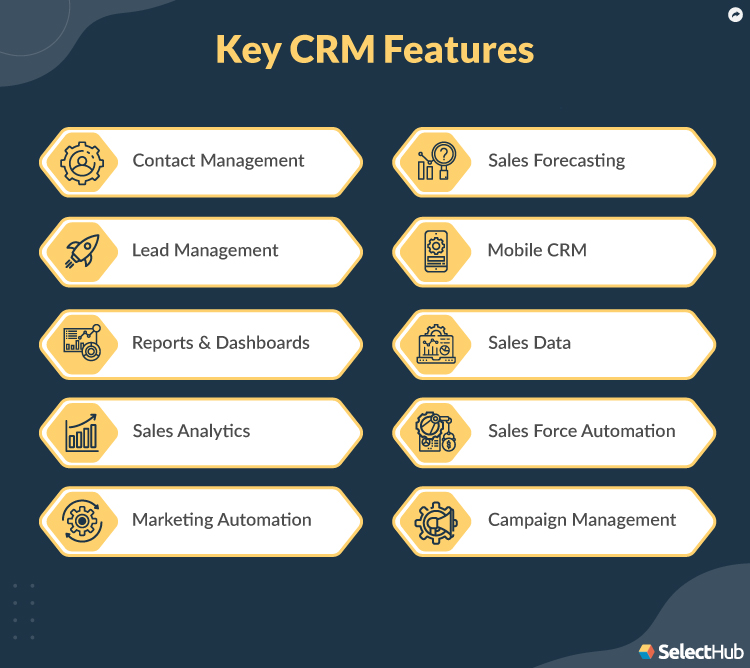
Customer Relationship Management (CRM) systems are vital for businesses aiming to manage their interactions with current and potential customers effectively. CRM solutions help streamline processes, enhance customer satisfaction, and drive sales. Below is a comprehensive overview of key CRM product segments, their features, benefits, real-world applications, implementation considerations, and emerging trends.
Sales CRMs are focused on managing and optimizing the sales process. They provide tools to capture leads, manage customer interactions, and track sales activities. The goal is to improve sales efficiency and effectiveness, ultimately driving revenue growth.
Marketing CRM systems focus on managing and analyzing customer interactions and data throughout the customer lifecycle. By understanding customer behavior and preferences, businesses can tailor their marketing strategies, improve customer relationships, and maximize return on investment (ROI) for marketing efforts.

New Delhi, Mumbai, Bangalore, Hyderabad, Pune, Chennai, Kolkata, Ahmedabad, Noida, Gurgaon, Lucknow, Jaipur, Chandigarh, Indore, Bhopal, Patna, Ranchi, Nagpur, Surat, and Kanpur.
New Delhi, Mumbai, Bangalore, Hyderabad, Pune, Chennai, Kolkata, Ahmedabad, Noida, Gurgaon, Lucknow, Jaipur, Chandigarh, Indore, Bhopal, Patna, Ranchi, Nagpur, Surat, and Kanpur.